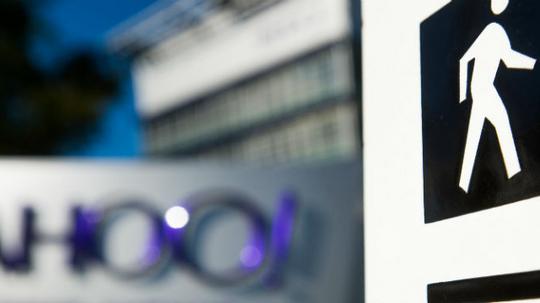
Anyone who is familiar with Chicago’s startup scene knows that innovation and opportunity abound – even if Chicago doesn’t quite have Silicon Valley’s level of clout.
What does it have? Tons of talent, relative affordability and a central location. And these factors aren’t going unnoticed; plenty of founders are leaving the Bay Area after stints there to root their businesses in Chicago.
We spoke with a collection of Chicago-based entrepreneurs who spent time in the tech capital to learn more about why they returned to the Midwest – and more importantly, the lessons they brought back with them. Here’s what Tovala CEO David Rabie; Popular Pays co-founder Corbett Drummey; Fishbit founder Nathan Levine; and Nurture Life co-founders Jennifer Chow and Steven Minisini had to say.
“Great things can happen no matter where you are.”
You hear about all these amazing companies that spring from the Bay Area, it’s only natural to think you could move there and become the next tech sensation – but founders who have navigated San Francisco’s startup realm argue that it’s not so simple. “It’s not like there’s magic dust out there. It’s not like you move to Silicon Valley and great things happen for your company,” Rabie said. “It’s just about finding good people and making them believe in your company. And there are great people in Chicago.”
“If you’re not raising money, you’re probably growing too slow.”
“[Being in the Bay Area] does open your eyes a lot to growing faster. I’ve talked to entrepreneurs in Chicago who were bootstrapped in the early days – which is good – but they realize that they’ve been almost immature with the business,” Drummey said. “There’s a glorified sense [that] bootstrapping is really good in Chicago, but I actually don’t think that’s true…. There are a few notable exceptions, but most times you could be growing faster and you might be overtaken by a more fast-moving and well-funded competitor.”
“Sometimes it’s better to be a big fish in a small pond.”
“In Chicago we can compete for talent. There’s talent that doesn’t want to leave Chicago, and we don’t have to compete with the Googles and Facebooks that are offering [six-figure] salaries,” Levine said. Chow echoed this idea: “It’s really tough when it comes to attracting and attaining really good talent [in the Bay],” she explained. “Competition for those resources is really difficult,” Minisini added.
“It’s so much easier to learn from people who are on the same rung of the ladder as you are.”
The sheer volume of young founders in the Bay Area makes developing a strong peer network easy, and Drummey realized the value of that during his time there. “Sometimes people might be luminaries in the field, but they’re so far ahead that they won’t be able to get through to you the way a peer who has just broken through an issue can,” he said.
“Overnight success takes 10 years.”
“There’s a problem in the Chicago ecosystem where people sometimes start startups because they think it’s cool, but they have no idea that it’s hard work,” Levine said. “In San Francisco, you hear the stories [behind the success]. You hear people say ‘I was the 10th employee at Pinterest,’ but that was eight years ago, 10 years ago. Now everyone knows Pinterest, but no one knew it in the first years. You see the long-term work they put in.”








